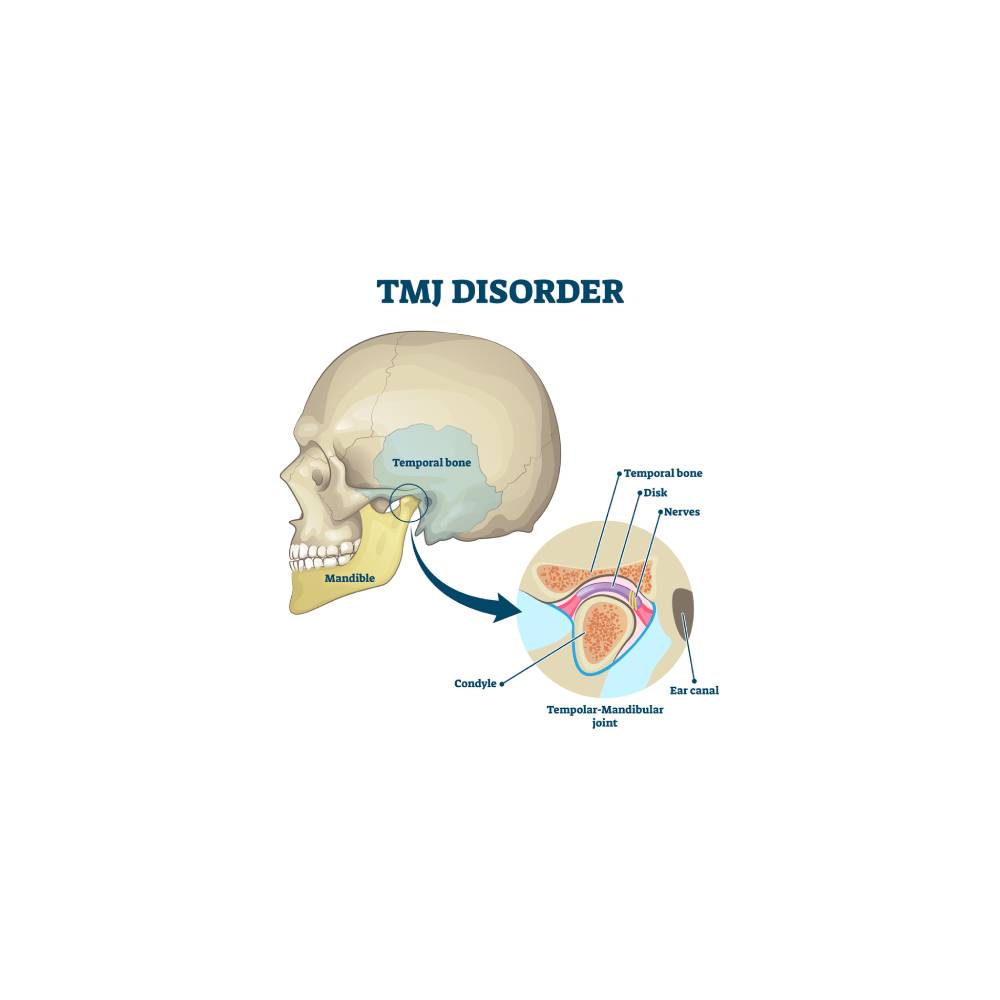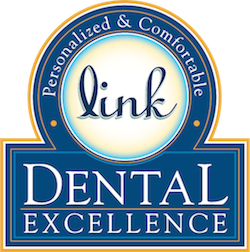TMJ Disorder
TMJ refers to the Temporomandibular joint, which connects your jaw to your skull. TMJ disorder, or TMD, is a variety of conditions that affect the proper functioning of this joint and the muscles surrounding it.
TMJ Disorder/TMD Treatment in Culver City, CA
If you’re experiencing jaw discomfort, pain, or tenderness while chewing, you could be suffering from Temporomandibular Disorder (TMD), more commonly known as Temporomandibular Joint Disorder (TMJ).
At Link Dental Excellence, we’re here to address any of your TMJ concerns. We’ll initially explore potential risk factors contributing to your discomfort that could be unrelated to TMJ. A comprehensive examination will involve listening to your jaw, observing its movement, and applying pressure to identify the source of pain. Additionally, X-rays or 3D images may be taken to assess potential damage to the joint’s disk or soft tissues.
Schedule your consultation for a healthier, pain-free smile today!

-
How do I know if I have TMJ?
Self-diagnosis is not recommended, but there are identifiable symptoms you can be aware of. If you experience any of these symptoms without resolution, it’s essential to consult a dentist for an official diagnosis and a tailored treatment plan.
While jaw, ear, or facial pain is often temporary and self-resolving, if you have persistent discomfort, don’t hesitate to reach out to us.
Look out for these common signs:
- Jaw pain
- Tenderness in the jaw
- Ear pain
- Pain during chewing
- Ache in the facial region
- Occasional locking of the jaw joint in an open or closed position
- Recurring headaches
Our team is here to provide expert evaluation and personalized solutions for your well-being.
-
Why should I visit a dentist for TMJ Disorder?
If you’re suffering from jaw pain, visit your local dentist for pain relief.
- Expert Diagnosis: Dr. Wang is trained to identify and diagnose various oral and facial conditions, including TMJ disorders. She can assess your symptoms, examine your jaw, and determine the underlying cause of your discomfort.
- Customized Treatment Plans: Dr. Wang will create a personalized treatment plan based on the severity of your TMJ disorder.
- Non-Invasive Approaches: We will start with non-invasive treatments for TMJ disorders, such as lifestyle modifications, to address the problem without resorting to surgical interventions.
- Oral Appliance Therapy: Dr. Wang can design and provide oral appliances or splints to help realign the jaw, reduce teeth grinding (bruxism), and alleviate pressure on the TMJ. These devices are customized to fit your mouth and can effectively manage symptoms.
More Questions?
Call our office if you have more questions about TMJ Disorder, pain, and treatment options and we'll be happy to answer them.

